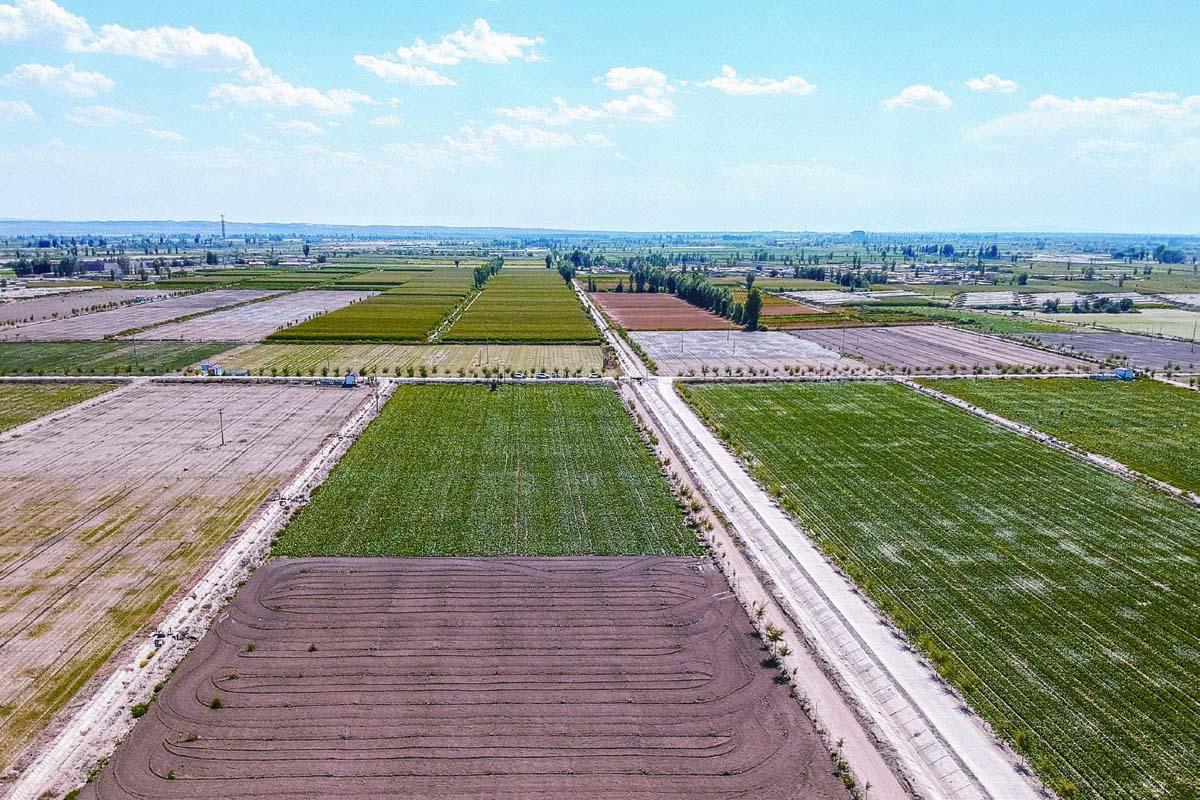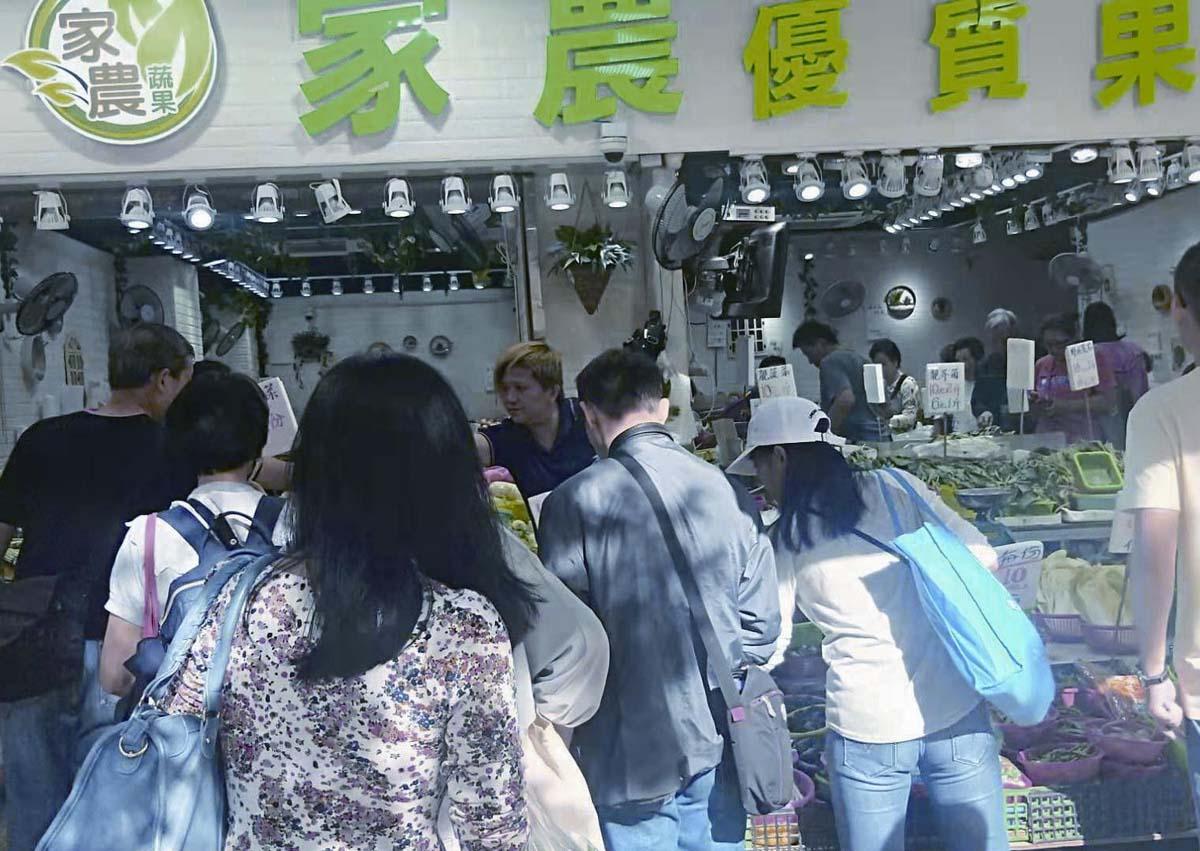Green Gift From the Desert
2019-09-02ByLiNan
By Li Nan

The life of Zeng Xiangji, a farmer in Minqin County, Gansu Province in northwest China, is closely linked to Hong Kong although he has never been to the special administrative region (SAR) in the south. In 2017, the 46-year-old started to sell vegetables to Hong Kong, including the fl owering cabbage, one of the most popular vegetables there.
“The sunshine hours in Gansu are long and the temperature varies dramatically from day to night. So the fl owering cabbages grown here taste good and sweet,” Zeng told Beijing Review.
In the past, most of the fl owering cabbages consumed in Hong Kong came from neighboring Guangdong Province. The trend of produce from the northwest winning over the Hong Kong market started a decade ago, thanks to its melting-in-the-mouth taste.
In 2017, some villages in Minqin leased farmland to an agricultural cooperative to grow nonlocal vegetables for the Hong Kong market. The resulting Suwu Modern Agriculture Park (SMAP), sprawling over nearly 900 hectares, has already sold 33 million tons of vegetable to Hong Kong and Macao, another SAR of China, as well as Guangdong.
Besides tasting better, the SMAPs vegetables have another selling point. They are grown using organic fertilizers and pesticides. Agricultural technicians from the Gansu Academy of Agricultural Sciences are stationed in the park to assist the farmers, who get special training to grow chemicalfree vegetables.
Minqin is an arid place trapped between Chinas third and fourth largest deserts. Water is scarce and to protect the environment, the local government has rationed water for the park. So the farmers are careful to use each drop wisely.
“We use mechanized sprayers and drip irrigation to save water,” Wang Xuemei, an official in Yanglu Village, said. Yanglu is part of the SMAP. The irrigation systems cap water consumption, spending 1,245-1,950 cubic meters per hectare less than the ceiling set by the local government.
According to Wang, every day, 36 tons of vegetables are packed, precooled and transported to Hong Kong, Macao and Guangdong by refrigerated trucks. “It takes only 48 hours for our vegetables to reach Hong Kong, Macao and Guangdong,” she said.
Today, more and more villages in the northwest have become Hong Kongs “vegetable baskets”though they are thousands of miles away. There are eight production bases like the SMAP in Gansu alone.
Growing vegetables for Hong Kong, Macao and Guangdong has become an effective way to create jobs and help the locals shake off poverty. At the peak season, 500 farmers are employed in the SMAP. Also, there are 120 greenhouses in the park that are managed by local farmers, who get to keep 80 percent of the proceeds. The average earning is 28,000 yuan ($3,970) for seven monthsfarming. After working in the park, Zengs annual income has doubled.
Now he wants feedback. “One day I hope to go to Hong Kong, walk into a market, fi nd my vegetables and ask if the Hong Kong buyers like them or not,” he said.

